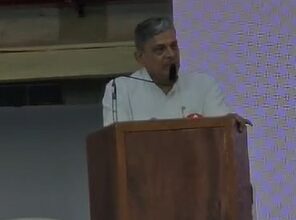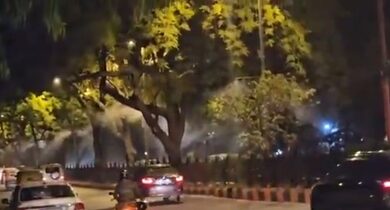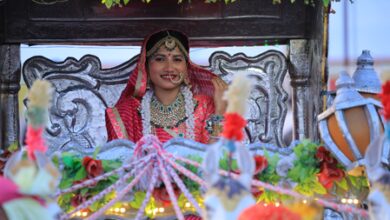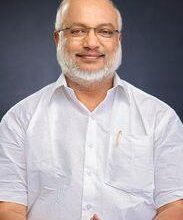‘Prime Minister Vishwakarma Yojana’ empowering artisans like Rajaram Prajapat in Neemuch
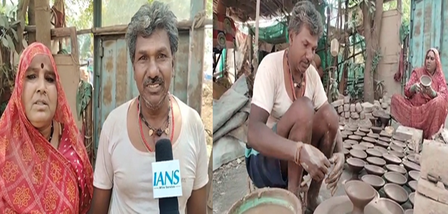
Neemuch (Madhya Pradesh), April 5 (IANS) Prime Minister Vishwakarma Yojana, launched to connect the country’s poor artisans and craftsmen with the mainstream of development, is changing the lives of people from all walks of life. Rajaram Prajapat from Neemuch, Madhya Pradesh, has expressed gratitude to Prime Minister Narendra Modi for the benefits he received through this scheme. He has got a lot of benefits due to this scheme.
Rajaram Prajapat is a potter in Neemuch. Talking to IANS, he said that he had taken a loan of Rs 50,000 under the Prime Minister Vishwakarma Yojana. During this process, he also received training, which helped him purchase machinery for making clay utensils and other necessary materials.
Sharing his experience with IANS, Rajaram Prajapat, a resident of Gwalatoli, pointed out that pottery work had been passed down through generations in his family. His father and grandfather had also been engaged in the same work. Through this scheme, he received a loan of Rs 50,000, which allowed him to expand his business.
He further said that under the Prime Minister Vishwakarma Yojana, he was also trained in making clay utensils and toys. He expressed his gratitude to PM Modi for the support he received through this scheme.
The primary aim of this scheme is to economically empower traditional artisans and craftsmen. The scheme was introduced to bring the country’s poor artisans and craftsmen into the mainstream of development.
PM Narendra Modi launched the Prime Minister Vishwakarma Yojana on December 17, 2023, on the occasion of Vishwakarma Jayanti. Under this scheme, training and loans are being provided to unemployed individuals to enable them to get employment. The scheme is also for helping them to get engaged in self-employment. The government is offering financial assistance and skill development training to thousands of people engaged in professions such as carpenters, blacksmiths, goldsmiths, potters, tailors, barbers, cobblers, sculptors, and toy makers, among others.
–IANS
brt/uk

